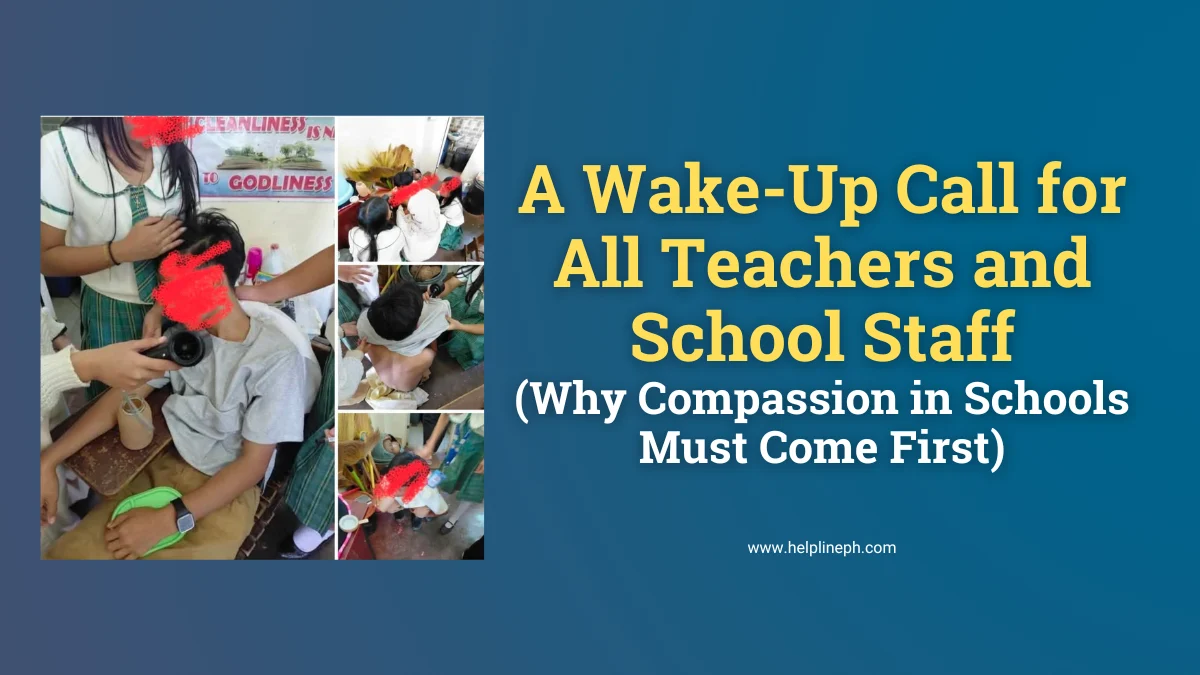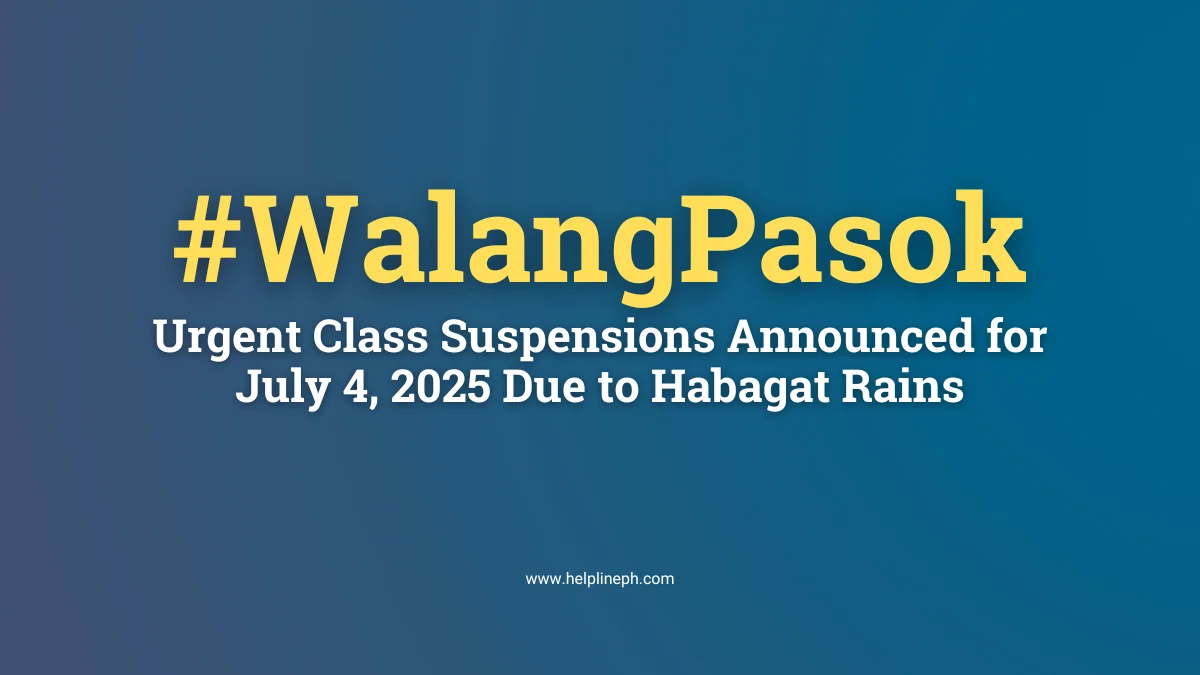Abellanosa to DepEd: Remove Assignments and Projects That Lead to Financial Burden
In a recent initiative to alleviate the financial challenges faced by students and their families, Cebu City Councilor Jose Lorenzo Abellanosa has appealed to the Department of Education (DepEd) to reconsider the nature of assignments and projects given to high school students. He emphasized that these academic requirements should not impose unnecessary financial constraints on families.
Councilor Abellanosa’s primary concern, as expressed in a resolution he authored and was approved by the City Council on October 18, is that educational activities should not divert the limited finances of families from essentials like food. “Financial responsibilities related to school projects might be hindering students, especially those from low-income backgrounds, from focusing on their academic growth,” he explained.
Highlighting the broader context, Abellanosa pointed out in a conversation with CDN Digital, “It’s crucial to understand that a significant portion of our high schoolers, particularly in public institutions, come from households struggling to make ends meet.” He added that many of these students hail from families whose earnings fall below the average monthly poverty threshold, rendering them financially vulnerable.
Abellanosa’s stance is clear: “Our aim should be to inspire students, motivating them to eagerly attend school. We shouldn’t deter them with additional financial demands tied to their education.”
Conversely, Dr. Salustiano Jimenez, the director of the DepEd Central Visayas Office (DepEd-7), underlined that assignments and projects are integral to the educational journey, cultivating essential skills in students. Responding to Councilor Abellanosa’s concerns, he said, “I’d like to understand the specific types of projects Councilor Abellanosa is referring to.”
Dr. Jimenez also mentioned that DepEd has taken measures to alleviate financial stress on students, like making all school-related contributions voluntary. He suggested that the city government could play a more active role in supporting students, saying, “If students face challenges in acquiring materials for their projects, the City should explore ways to assist them.”
In summary, while both parties recognize the importance of education, the discussion centers on balancing academic requirements with the financial realities of families. As the debate continues, the goal remains clear: to ensure optimal learning experiences without imposing undue financial stress on students and their families.






